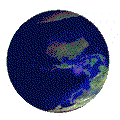Site Report: Lakefield National Park

Australian Bustard (Ardeotis australis)
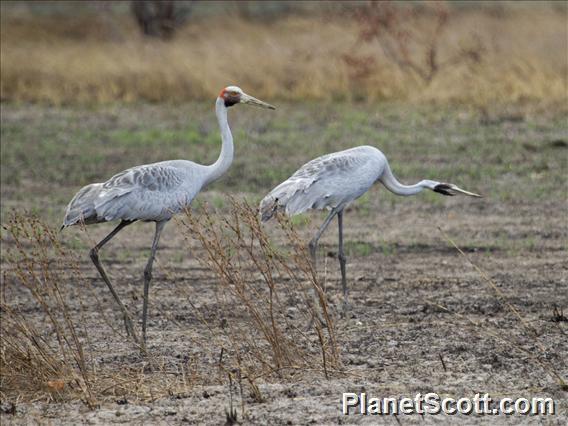
Brolga (Antigone rubicunda)
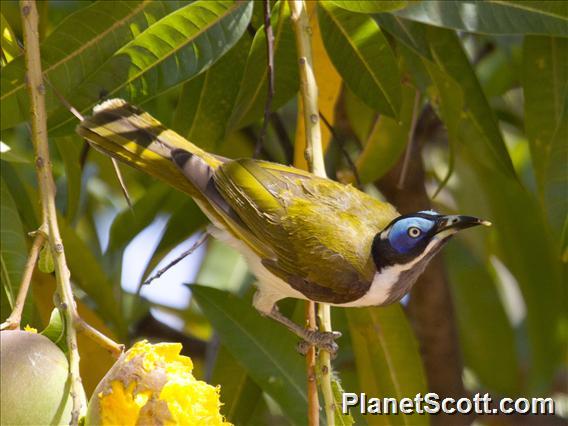
Blue-faced Honeyeater (Entomyzon cyanotis)
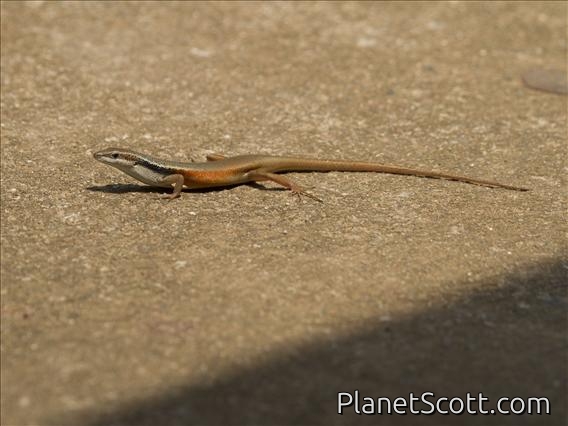
Six-toothed Rainbow-skink (Carlia sexdentata)
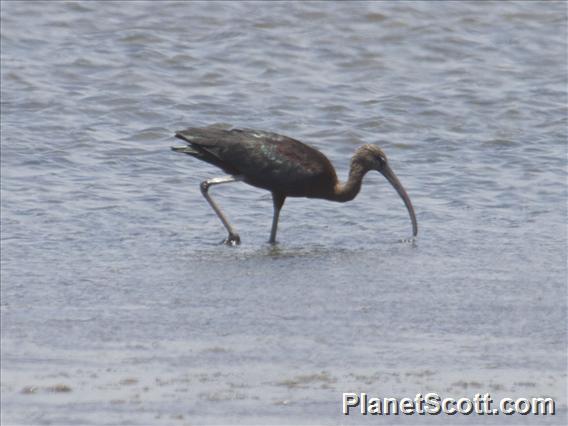
Glossy Ibis (Plegadis falcinellus)
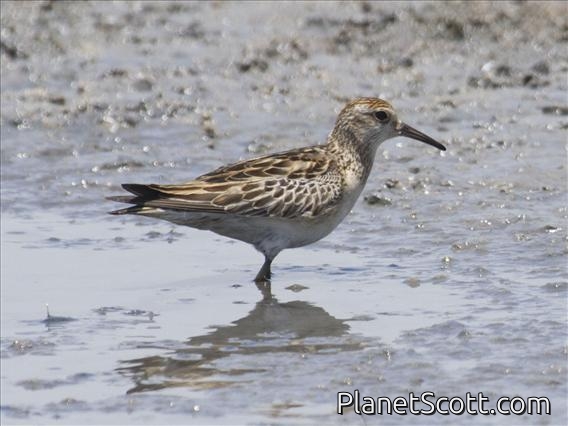
Sharp-tailed Sandpiper (Calidris acuminata)
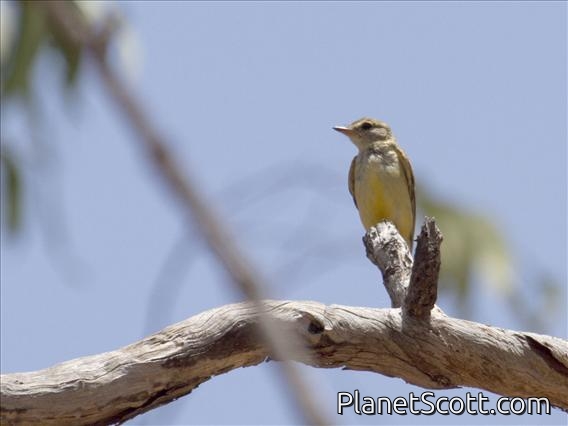
Lemon-bellied Flycatcher (Microeca flavigaster)
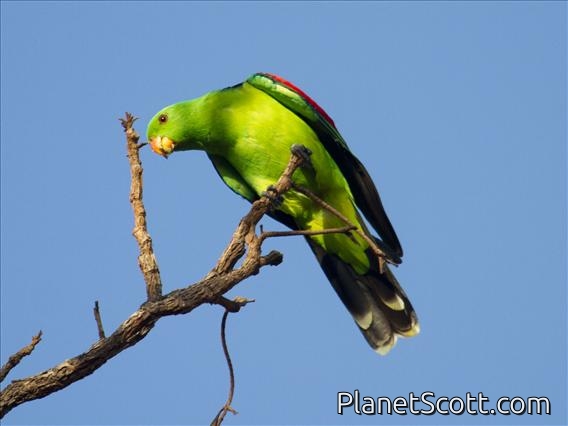
Red-winged Parrot (Aprosmictus erythropterus) - Male
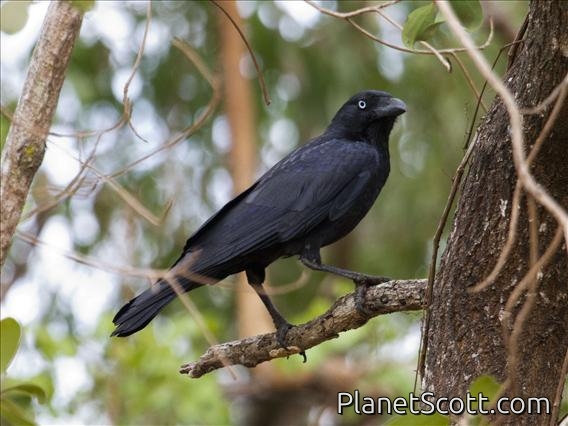
Torresian Crow (Corvus orru)
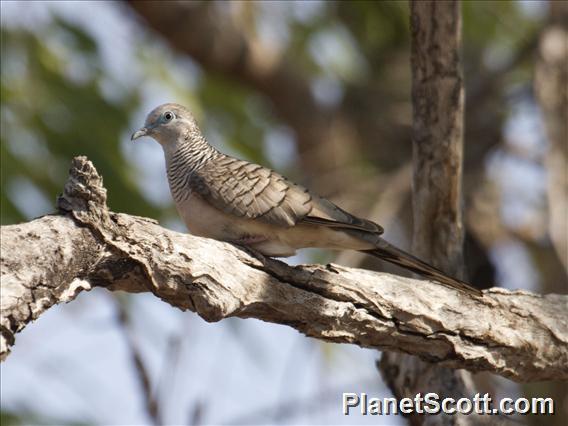
Peaceful Dove (Geopelia placida)
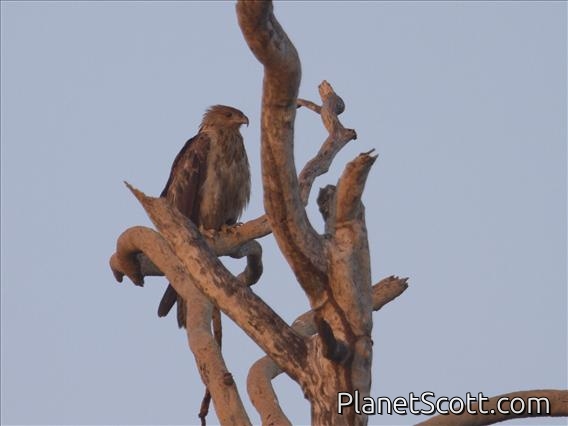
Whistling Kite (Haliastur sphenurus)
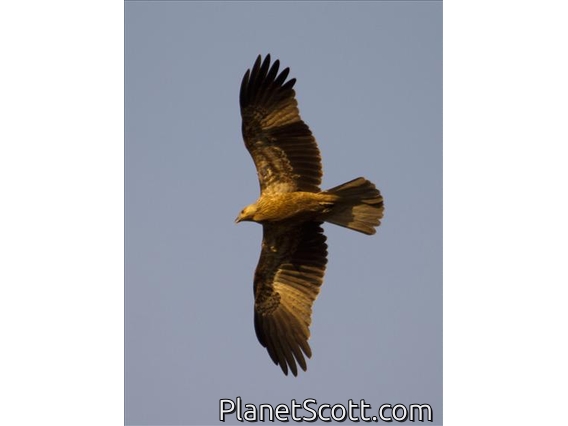
Whistling Kite (Haliastur sphenurus) In Flight
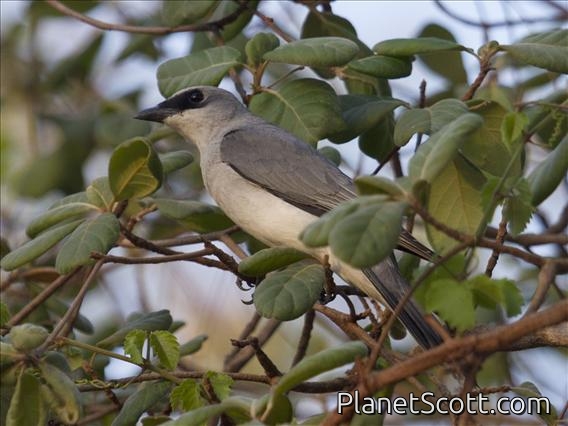
White-bellied Cuckooshrike (Coracina papuensis)
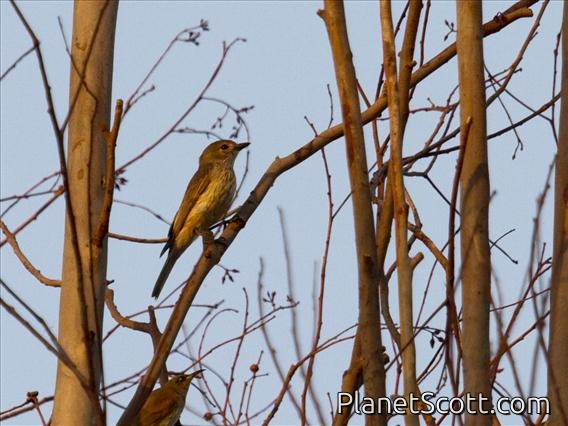
Rufous Whistler (Pachycephala rufiventris) - Female
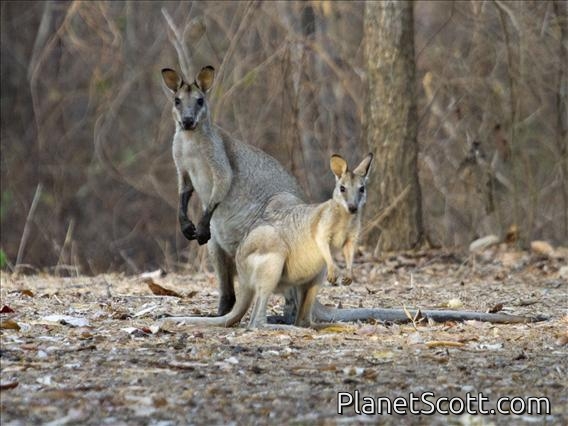
Agile Wallaby (Macropus agilis)
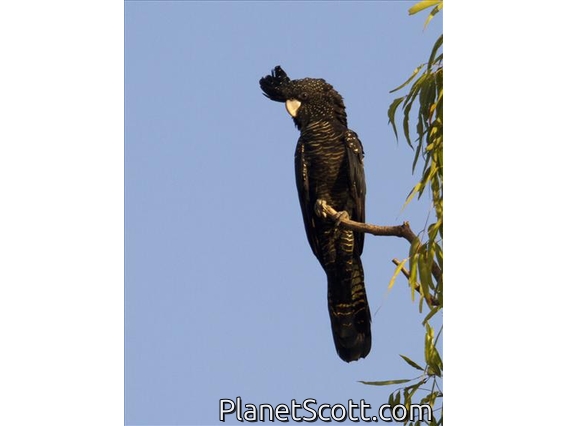
Red-tailed Black-Cockatoo (Calyptorhynchus banksii)
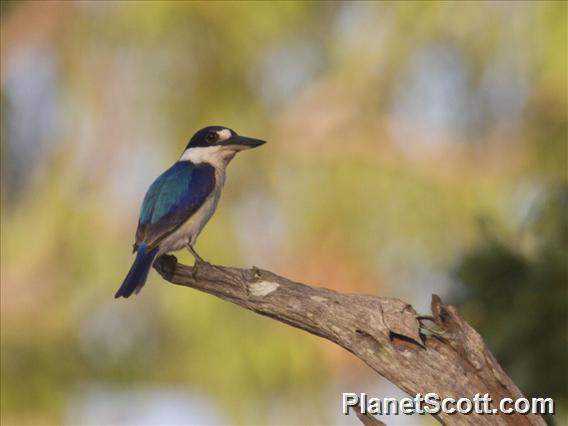
Forest Kingfisher (Todiramphus macleayii)
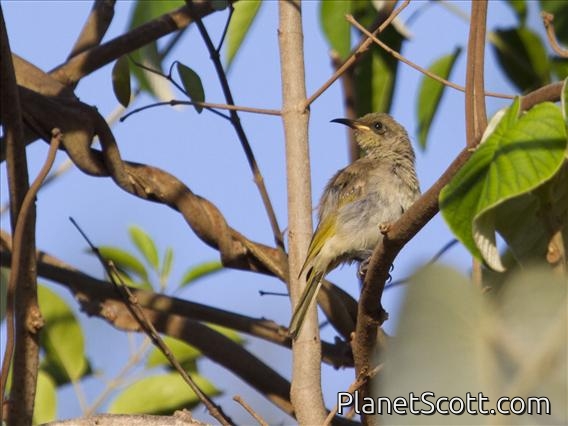
Brown Honeyeater (Lichmera indistincta)
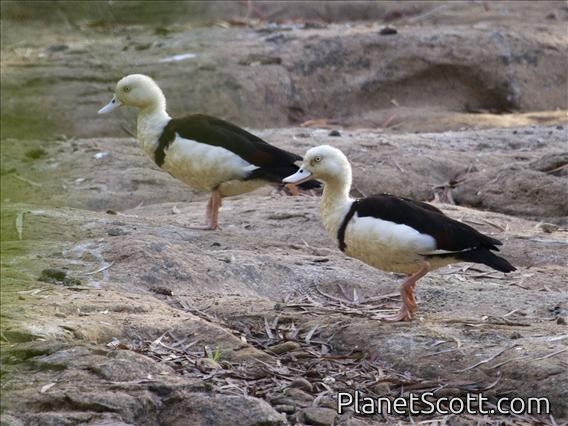
Radjah Shelduck (Tadorna radjah)
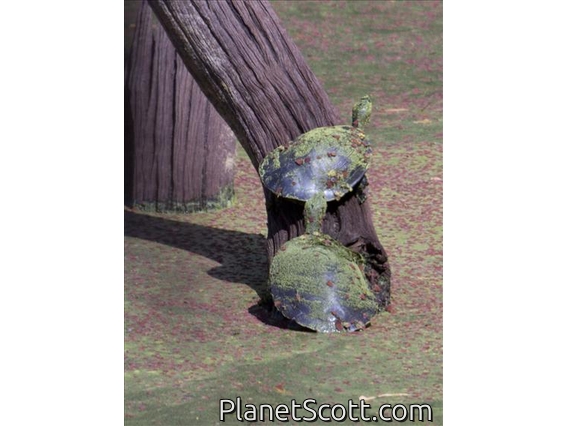
Kreffts Short-necked Turtle (Emydura krefftii)
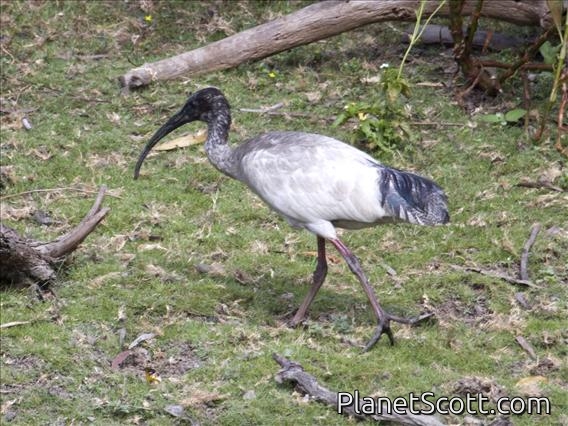
Australian Ibis (Threskiornis molucca)
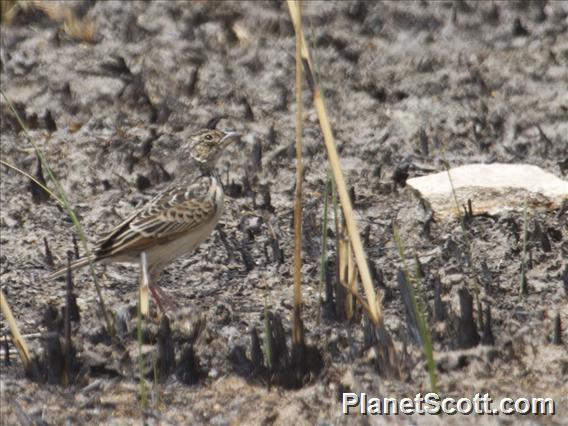
Australasian Bushlark (Mirafra javanica)
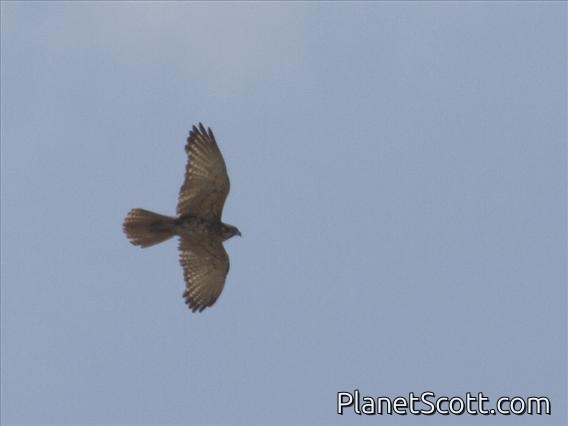
Brown Falcon (Falco berigora)
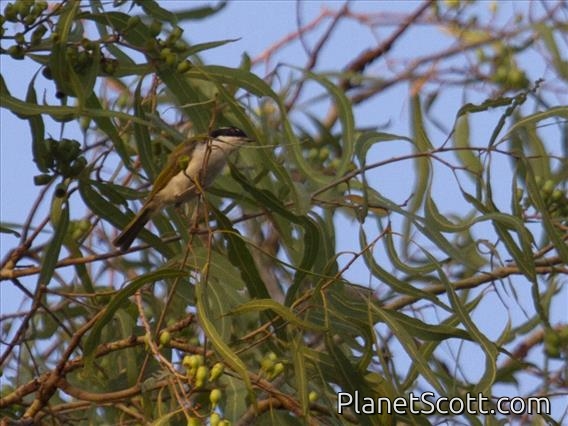
White-throated Honeyeater (Melithreptus albogularis)
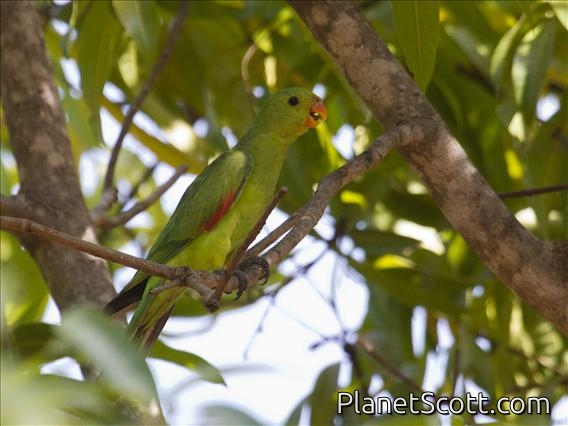
Red-winged Parrot (Aprosmictus erythropterus)
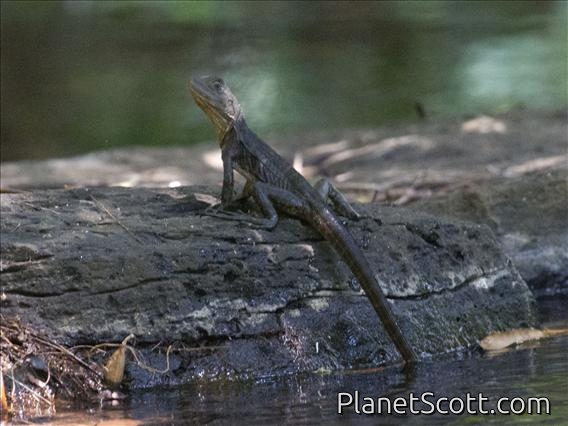
Australian Water Dragon (Physignathus lesueurii)
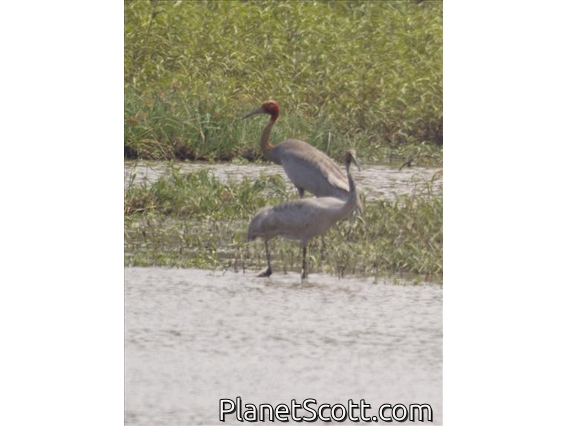
Sarus Crane (Antigone antigone)
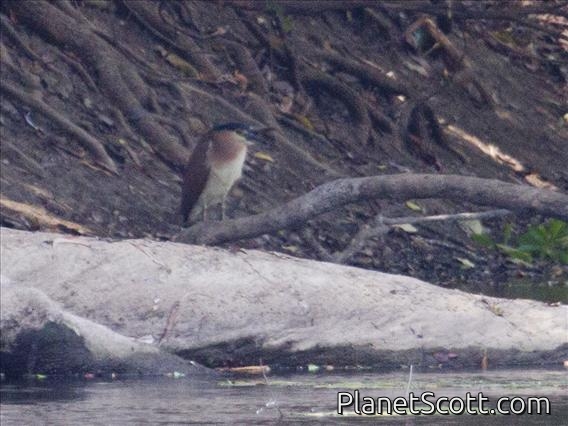
Rufous Night-Heron (Nycticorax caledonicus)




























×





























Australian Bustard (Ardeotis australis)

Brolga (Antigone rubicunda)

Blue-faced Honeyeater (Entomyzon cyanotis)

Six-toothed Rainbow-skink (Carlia sexdentata)

Glossy Ibis (Plegadis falcinellus)

Sharp-tailed Sandpiper (Calidris acuminata)

Lemon-bellied Flycatcher (Microeca flavigaster)

Red-winged Parrot (Aprosmictus erythropterus) - Male

Torresian Crow (Corvus orru)

Peaceful Dove (Geopelia placida)

Whistling Kite (Haliastur sphenurus)

Whistling Kite (Haliastur sphenurus) In Flight

White-bellied Cuckooshrike (Coracina papuensis)

Rufous Whistler (Pachycephala rufiventris) - Female

Agile Wallaby (Macropus agilis)

Red-tailed Black-Cockatoo (Calyptorhynchus banksii)

Forest Kingfisher (Todiramphus macleayii)

Brown Honeyeater (Lichmera indistincta)

Radjah Shelduck (Tadorna radjah)

Kreffts Short-necked Turtle (Emydura krefftii)

Australian Ibis (Threskiornis molucca)

Australasian Bushlark (Mirafra javanica)

Brown Falcon (Falco berigora)

White-throated Honeyeater (Melithreptus albogularis)

Red-winged Parrot (Aprosmictus erythropterus)

Australian Water Dragon (Physignathus lesueurii)

Sarus Crane (Antigone antigone)

Rufous Night-Heron (Nycticorax caledonicus)
A huge national park in the York Peninsula
Visits
- 2012-11-11: The "adventure" on the Bloomfield Track finished, it was time to do some real adventure. I have to admit, I was very nervous about leaving the path of the upcoming solar eclipse just two days before it was set to happen, but logic says there is a much greater chance of cloudiness than for a pretty new car to break down. Lakefield National Park was said to be more or less devoid of human life, so I constantly entertained thoughts of being stranded in the bush for the big event. We stopped at a trickle of a waterfall just before the entrance where we had the chance to feed a barramundi. They say that fish have a memory of a couple of seconds, but that fish recognized that it was about to get a treat. As soon as the lady at the counter handed us the fish treat pellets, the fish behavior changed and he caught our attention with its loud snappy feeding method. Anyway, we reached the entrance to the park to find that it was pretty much on fire. And, there was some sign demanding that we reserve our campsite before entering the park. We moseyed on along the road until we arrived in a town called Laura where we phoned in for our campsite reservation (Kalpower site #1!). After grabbing a couple of toasted cheese sandwiches, we were back on our way into the park. We then drove for hours through bush fires, stifling heat, and endless flat eucalyptus forest on the dustiest road in Queensland until we reached our campsite just before sunset. The campsite was a new world however. There, we found a lake (no swimming, crocodiles...) and a huge empty campsite. We were the only visitors in a National Park the size of Belgium! As the sun set, I walked over to the "airstrip" where I could get a view of the horizon. The sky was painted every shade of red and orange with the light intensified by all the dust and smoke. Then came the first spectacle. Flying over head, I saw a couple of large bats (actually flying foxes, but they look like giant bats). Then, I saw a couple more. The flying foxes kept multiplying until I could see bats everywhere that I looked all the way to the horizon. I am not kidding when I estimate that the must have been 100,000 or more bats visible from this airstrip! Later that night, I had a lovely dream about getting eaten by a crocodile while I completely trapped myself in my newly mangled tent. Up at the crack of dawn, I could not imagine anything that could be more impressive than the "bat show" when the "lorikeet show" started. There were far fewer lorikeets than bats, maybe only a few thousand, but they made up for their lesser numbers by flying in tight groups over the campsite screeching at a deafening level. Throw in a few Black Cockatoos and Wallabies, and there you have Lakefield National Park.
Species Seen
Kingdom: Animals (56 records)
Phylum: Chordates
(56 records)
Class: Birds
(50 records)
- Order: Anseriformes
(3 records)
- Family: Magpie Geese
- Magpie Goose (Anseranas semipalmata)
- Family: Swans, Geese, and Ducks
- Radjah Shelduck (Radjah radjah)
- Pacific Black Duck (Anas superciliosa)
- Order: Cranes, Rails, and Allies
(3 records)
- Family: Bustards
- Australian Bustard (Ardeotis australis)
- Order: Cuckoos
(1 record)
- Family: Coucals
- Pheasant Coucal (Centropus phasianinus)
- Order: Doves and Pigeons
(2 records)
- Family: Pigeons and Doves
- Peaceful Dove (Geopelia placida)
- Bar-shouldered Dove (Geopelia humeralis)
- Order: Hawks, Eagles, Kites, and Allies
(3 records)
- Family: Hawks, Eagles, and Kites
- Black Kite (Milvus migrans)
- Whistling Kite (Haliastur sphenurus)
- Brown Goshawk (Tachyspiza fasciata)
- Order: Kingfishers, Bee-eaters, Motmots (3 records)
- Family: Rollers
- Dollarbird (Eurystomus orientalis)
- Order: Owls And Nightjars
(1 record)
- Family: Frogmouths
- Tawny Frogmouth (Podargus strigoides)
- Order: Parrots
(4 records)
- Family: Cockatoos
- Sulphur-crested Cockatoo (Cacatua galerita)
- Family: New World Parrots
- Red-tailed Black-Cockatoo (Calyptorhynchus banksii)
- Red-winged Parrot (Aprosmictus erythropterus)
- Family: Old World Parrots
- Rainbow Lorikeet (Trichoglossus moluccanus)
- Order: Pelicans
(16 records)
- Family: Anhingas
- Australasian Darter (Anhinga novaehollandiae)
- Family: Cormorants
- Little Pied Cormorant (Microcarbo melanoleucos)
- Family: Falcons and Caracaras
- Brown Falcon (Falco berigora)
- Australian Hobby (Falco longipennis)
- Family: Herons
- Little Egret (Egretta garzetta)
- Great-billed Heron (Ardea sumatrana)
- Great Egret (Ardea alba)
- Nankeen Night-Heron (Nycticorax caledonicus)
- Eastern Cattle Egret (Ardea coromanda)
- Plumed Egret (Ardea plumifera)
- Family: Ibises and Spoonbills
- Glossy Ibis (Plegadis falcinellus)
- Australian Ibis (Threskiornis molucca)
- Royal Spoonbill (Platalea regia)
- Family: Jacanas
- Comb-crested Jacana (Irediparra gallinacea)
- Family: Sandpipers and Allies
- Sharp-tailed Sandpiper (Calidris acuminata)
- Family: Stilts and Avocets
- Pied Stilt (Himantopus leucocephalus)
- Order: Perching Birds
(13 records)
- Family: Australian Robins
- Lemon-bellied Flycatcher (Microeca flavigaster)
- Family: Cuckoo-shrike
- White-bellied Cuckooshrike (Coracina papuensis)
- Family: Fantails
- Willie-wagtail (Rhipidura leucophrys)
- Family: Honeyeaters
- Brown Honeyeater (Lichmera indistincta)
- Yellow Honeyeater (Stomiopera flava)
- White-throated Honeyeater (Melithreptus albogularis)
- Blue-faced Honeyeater (Entomyzon cyanotis)
- Family: Jays and Crows
- Torresian Crow (Corvus orru)
- Family: Larks
- Australasian Bushlark (Mirafra javanica)
- Family: Old World Orioles
- Green Oriole (Oriolus flavocinctus)
- Family: Prinias and Apalis
- Golden-headed Cisticola (Cisticola exilis)
- Family: Sunbirds
- Sahul Sunbird (Cinnyris frenatus)
- Family: Whistlers and Allies
- Rufous Whistler (Pachycephala rufiventris)
- Order: Shorebirds and Allies
(1 record)
- Family: Gulls, Terns, and Skimmers
- Caspian Tern (Hydroprogne caspia)
Class: Mammals
(3 records)
- Order: Bats
(1 record)
- Family: Old World Fruit Bats
- Black Flying Fox (Pteropus alecto)
- Order: Diprotodontia
(1 record)
- Family: Macropodidae
- Agile Wallaby (Macropus agilis)
- Order: Even-toed Ungalates and Cetacean
(1 record)
- Family: Bovids
- Aurochs (Bos taurus)
Class: Reptiles
(3 records)
- Order: Lizards and Snakes
(2 records)
- Family: Agamas
- Australian Water Dragon (Physignathus lesueurii)
- Family: Skinks
- Six-toothed Rainbow-skink (Carlia sexdentata)
- Order: Turtles
(1 record)
- Family: Fresh Water Turtle
- Krefft's Short-necked Turtle (Emydura maquerii)
